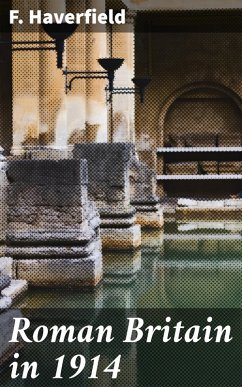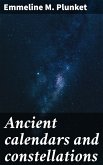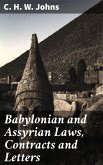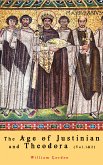In "Roman Britain in 1914," F. Haverfield intriguingly juxtaposes the rich tapestry of Roman heritage with the socio-political landscape of early 20th-century Britain. Through a scholarly lens, Haverfield delves into archaeological findings, historical narratives, and cultural reflections, synthesizing them into a comprehensive overview that celebrates the lasting impact of Roman civilization on British identity. His meticulous attention to detail and eloquent prose make this work not only informative but also engaging, appealing to both specialists and general readers alike, as it captures the zeitgeist at the brink of World War I. F. Haverfield was a preeminent Roman historian and archaeologist, whose passion for the classics was fostered by extensive studies in classical literature and a deep-seated fascination for British archaeology. His academic background strongly informs his insights and interpretations, providing a unique perspective that blends rigorous scholarship with personal enthusiasm. Haverfield's commitment to promoting the importance of historical awareness undoubtedly fueled his motivations for writing this influential text, as he sought to reconnect contemporary society with its storied past. This illuminating work is recommended for anyone interested in the intersections of history and archaeology, as well as those seeking to understand the foundational elements of British heritage. "Roman Britain in 1914" serves as a vital resource for scholars, students, and history enthusiasts alike, presenting a thought-provoking examination of how the remnants of Roman Britain continue to resonate through contemporary culture.
Dieser Download kann aus rechtlichen Gründen nur mit Rechnungsadresse in A, B, BG, CY, CZ, D, DK, EW, E, FIN, F, GR, H, IRL, I, LT, L, LR, M, NL, PL, P, R, S, SLO, SK ausgeliefert werden.









